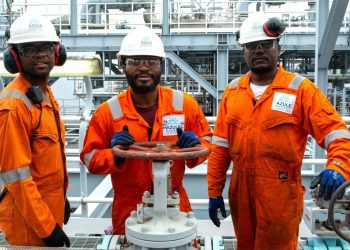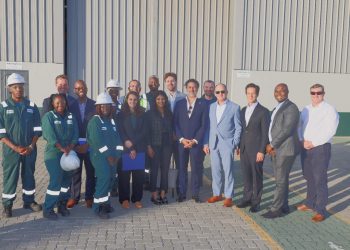
Broadmind Mining expects its Eisenberg rare earth minerals project to start production in 2026, its Executive Chairperson Sidney Martin has said.
The announcement comes as Namibia seeks to profit from growing demand for rare earth minerals driven by a global shift towards clean energy technologies, with the country said to hold significant reserves of these minerals such as dysprosium and terbium, which are needed for permanent magnets in the batteries of electric cars and wind turbines.
Martin said the company had started assessing the economic viability of the Eisenberg deposit, which has an inferred resource of 570 million tonnes of rare earth minerals including neodymium, praseodymium, yttrium and cerium.
“Everyone is scrambling for rare earth minerals to benefit their economies. With this resource, Namibia will become a critical player between two superpowers – America and China,” Martin told Reuters.
In October Namibia said it provisionally agreed on a deal with the European Union (EU) to sell its rare earth minerals, critical to the renewable energy sectors.
The European Union wants easier access to minerals in Namibia and plans geological projects to explore the resources of the country.
This comes as the Lofdal heavy rare earth project, the most advanced rare earth project in the country, has the potential to be a “significantly” bigger operation than the previous studies according to Namibia Critical Metals, based on the results of a new preliminary economic assessment (PEA).
The PEA is based on mining only 26 million tonnes of resource, or about 50% of the 53 million tonnes in the mineral resource estimate of June 2021. The project will have a mine-life of 16 years, with 13 million tonnes of low-grade stockpile which could expand the life-of-mine.
The project is being developed as a joint venture with Japan Oil, Gas and Metals National Corporation, targeting a long-term, sustainable supply of heavy rare earths to Japan.







